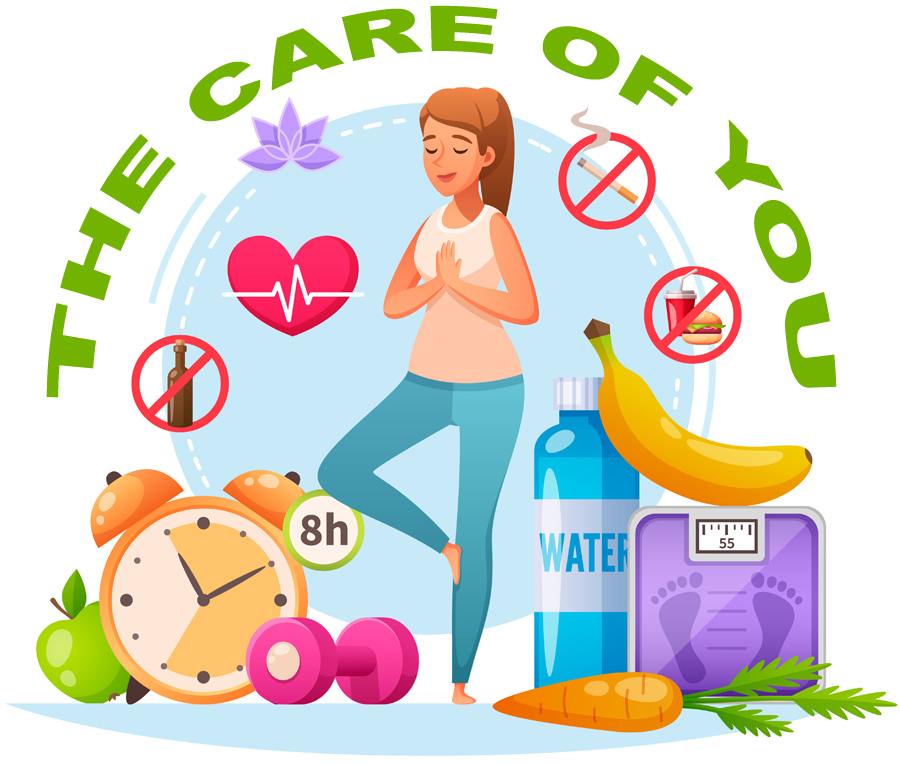Flu Prevention
Influenza, or "the flu" as it's commonly called, is a very contagious respiratory illness. Each year, it's most common during the winter and early spring, and those who are at the biggest risk of serious health problems if they catch the flu are pregnant women, infants, the elderly, and people who have chronic ailments like heart disease, lung disease, or HIV.
The flu is much different than catching a common cold. While they can both affect your respiratory tract, the flu is much worse. With a cold, you can often still function and get through your daily routine, but the flu can be so severe that you might have trouble getting out of bed. Those with the flu experience headaches, a fever, body aches, extreme fatigue, and weakness throughout the body. Also, the flu can be life-threatening if it's severe enough.
There are a few ways to avoid catching the flu, and the game plan starts with getting vaccinated. You should get the flu shot as soon as you can, if you haven't already, and do so every year, as the influenza virus is always changing. Most times, flu season begins as early as October, so it's best to get your shot when the vaccine becomes available each fall, as it takes two weeks to become effective. While your arm might be sore the day after receiving the flu shot, don't put it off: It's your best defense against influenza!
Aside from the flu shot, there are other measures you can take to stay safe from the virus.
- Wash your hands with soap and warm water frequently, especially right after touching something that you suspect might be covered in germs.
- Be sure to always carry a small bottle of alcohol-based hand sanitizer, since you may not always be able to get to a sink to wash your hands right away.
- Carry disinfectant wipes. This way, if you need to touch anything that you think might be infested with germs, you'll be prepared to wipe it down.
- Take the best care of yourself as you possibly can, including eating a healthy diet, getting regular exercise, and keeping a good sleep schedule. You'll want to try to get at least seven hours of sleep a night, exercise at least four days a week, and avoid junk food.
- If you smoke, give it up! We know that smoking can lead to cancer and premature wrinkles, but it can also make you more susceptible to the flu. There's no better time to quit smoking than right now.
Remember, first and foremost, that it's important to get out there and get your flu shot. It's your first line of defense against catching the flu. Then, do your best to keep your hands clean and germs away, so you can spend fall and winter happy and healthy, not stuck in bed.
Learn more about flu prevention here:
